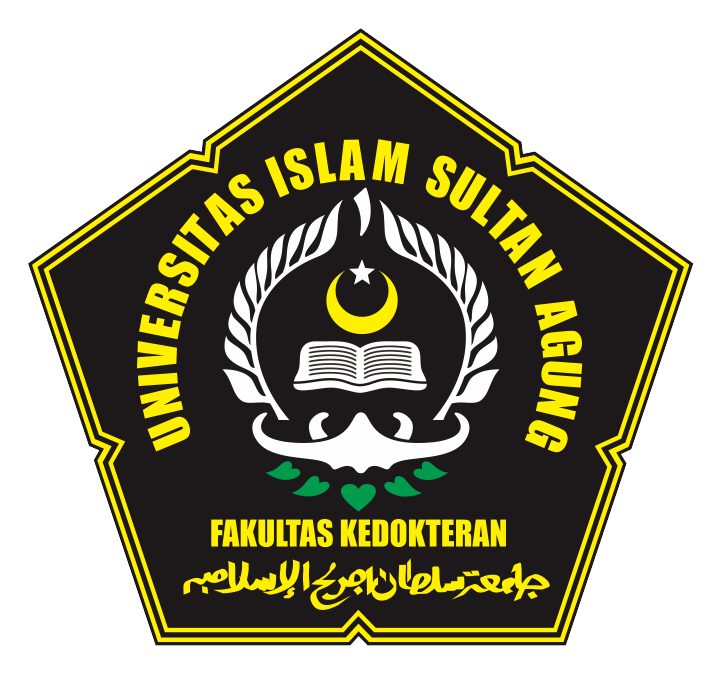Department of Pharmacology, Faculty of Medicine, Universitas Sriwijaya, Palembang, Indonesia - Indonesia
ORCID: https://orcid.org/0000-0002-0475-7161
Department of Pharmacology, Faculty of Medicine, Universitas Sriwijaya, Palembang


